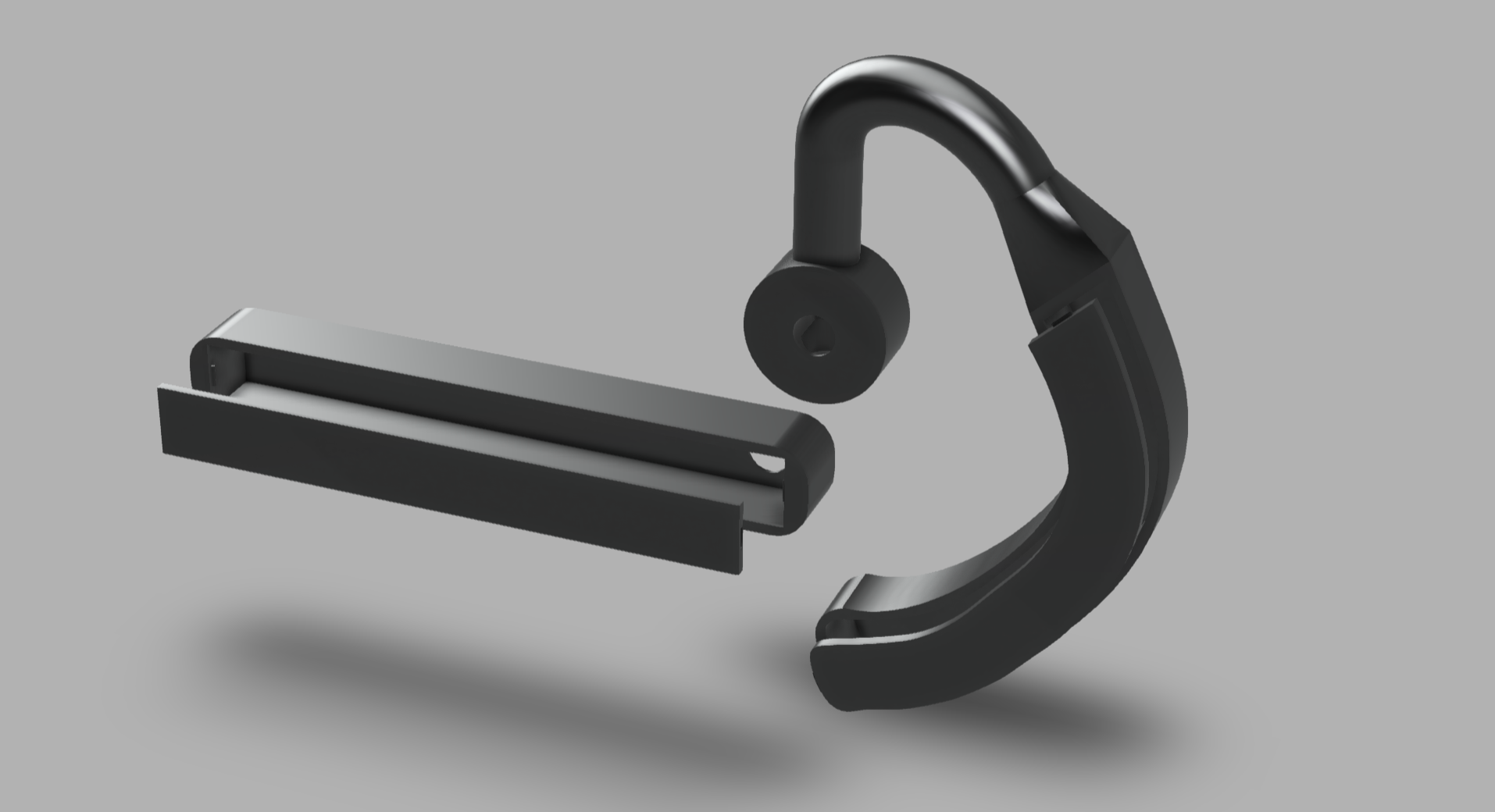BruxFree
Spring 2020
Bruxism, the medical term for the unconscious clenching, grinding, or gnashing of the teeth, is a prevalent condition in society that can result in tooth damage, headaches, earaches, bone outgrowths (exostoses), sore and bleeding gums, and temporomandibular joint pain. Bruxism consists of two forms: Awake Bruxism, which is characterized by the unconscious clenching of the teeth and is present in approximately 20% of the population, and Sleep Bruxism, which is characterized by the grinding of the teeth while asleep and is present in ~8% of the adult population and ⅓ of children1. Researchers suspect that Bruxism is induced by psychosocial factors, especially stress and anxiety; at Cornell, many of our students and faculty have Bruxism, because of this, we were inspired to create a solution for symptoms caused by the inevitable presence of stressors within our everyday academic and professional lives.
Cornell Biomedical Device is proud to present BruxFree, a device intended to break the habits of Awake bruxism by measuring jaw activity and providing a negative stimulus when clenching is detected (i.e. vibration or beeping along with a notification sent to the phone). Referencing Skinnerian behaviorist theory on negative reinforcement, we believe that the coupling of a moderately unpleasant vibrations with the unconscious clenching of the teeth will lead to a remediation of awake bruxism overtime. Through the provision of biofeedback on an over-the-ear, bluetooth device, we enable users to go about everyday activity with minimal interference and the ability to track their progress in live time at the convenience of their mobile devices.

